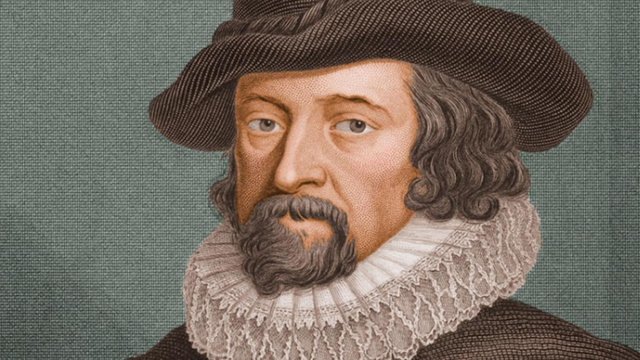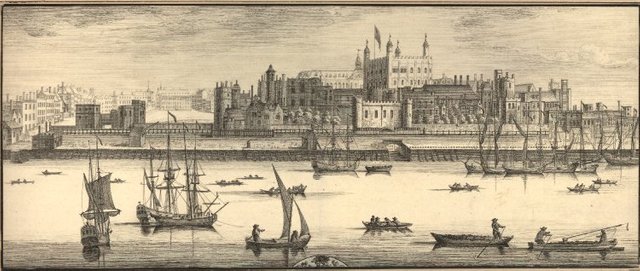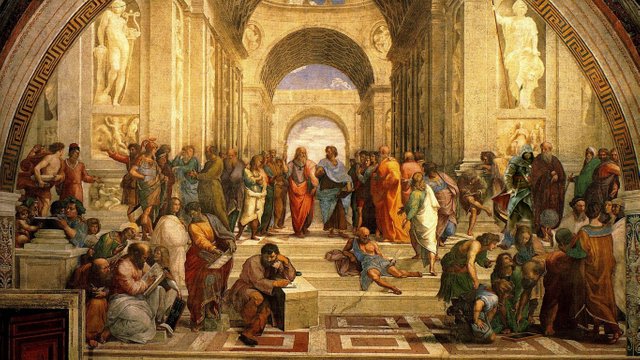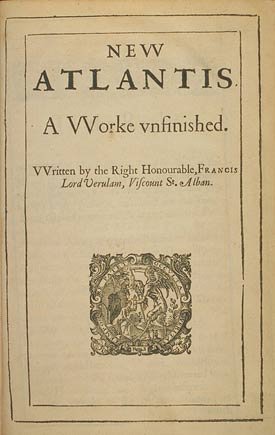Francis Bacon: A Day in the Tower
May 31 in Christian History.
Francis Bacon was, without a doubt, among the brightest minds in history.

Bacon was born into a successful and educated family in 16th century England, and while he made use of the excellent education and career opportunities allotted to him, he became increasingly discontent with his station and the world around him. He found his teachers to be irrational, traditional, and bookish. He aspired to bring progress to English society and devoted himself to his political ambitions.
His rise to power was dramatic and rapid. He eventually became Lord Chancellor—one of the highest positions in the country. Meanwhile, he published books on science, philosophy, history, and politics.
It was at this time that the ambitious thinker was accused of accepting bribes. He pled guilty to the charges, and was sentenced to a hefty fine and imprisonment, not to mention a permanent ban from all government positions. Thankfully, his prison term was reduced to a single day.

Bacon’s stay in the Tower of London on May 31, 1621, and the social fall that it represented transformed his outlook on life. His insatiable ambition was replaced by an air of humility. The disgraced politician devoted himself to writing, and it was only after this that he accomplished his most influential works.
Bacon ushered in the age of enlightenment and is often considered the father of modern science. It was Bacon who first developed what would come to be called the scientific method.

Bacon warned of the follies and shortcomings of man’s subjective reasoning but was ultimately optimistic about the capabilities of science. He believed that science could and should be employed as a tool to bring about the betterment of humanity.
Bacon was a dedicated Christian, and developed a robust theory of epistemology, or the study of knowledge. He viewed science as ultimately insufficient to explain the mysteries of existence and purpose. He saw all knowledge as contained within two categories: philosophy and divinity. Philosophy was the truth that could be observed through the senses and worked out with reason. Divinity was the truth that sprang from divine revelation and the word of God.

Bacon believed that these realms of knowledge were separate, and that an observation in one is unlikely to lead to a conclusion in the other. However, he believed that both are of incredible value. He wrote: “Knowledge is the rich storehouse for the glory of the Creator and the relief of man's estate.” For these reasons, he devoted himself to the pursuit of knowledge until the end of his life.
In 1626, the 65-year-old Francis Bacon contracted bronchitis while conducting an experiment involving snow. He died shortly after. In his will, he wrote of the lesson he had learned through that lonely day in the Tower of London. He thanked God for humbling him amidst his vane pursuit of honour. He repented, and prayed: “Be merciful unto me for my Savior's sake, and receive me into thy bosom.”
.jpg)
Verse of the day: Proverbs 11:2
When pride comes, then comes disgrace, but with humility comes wisdom.